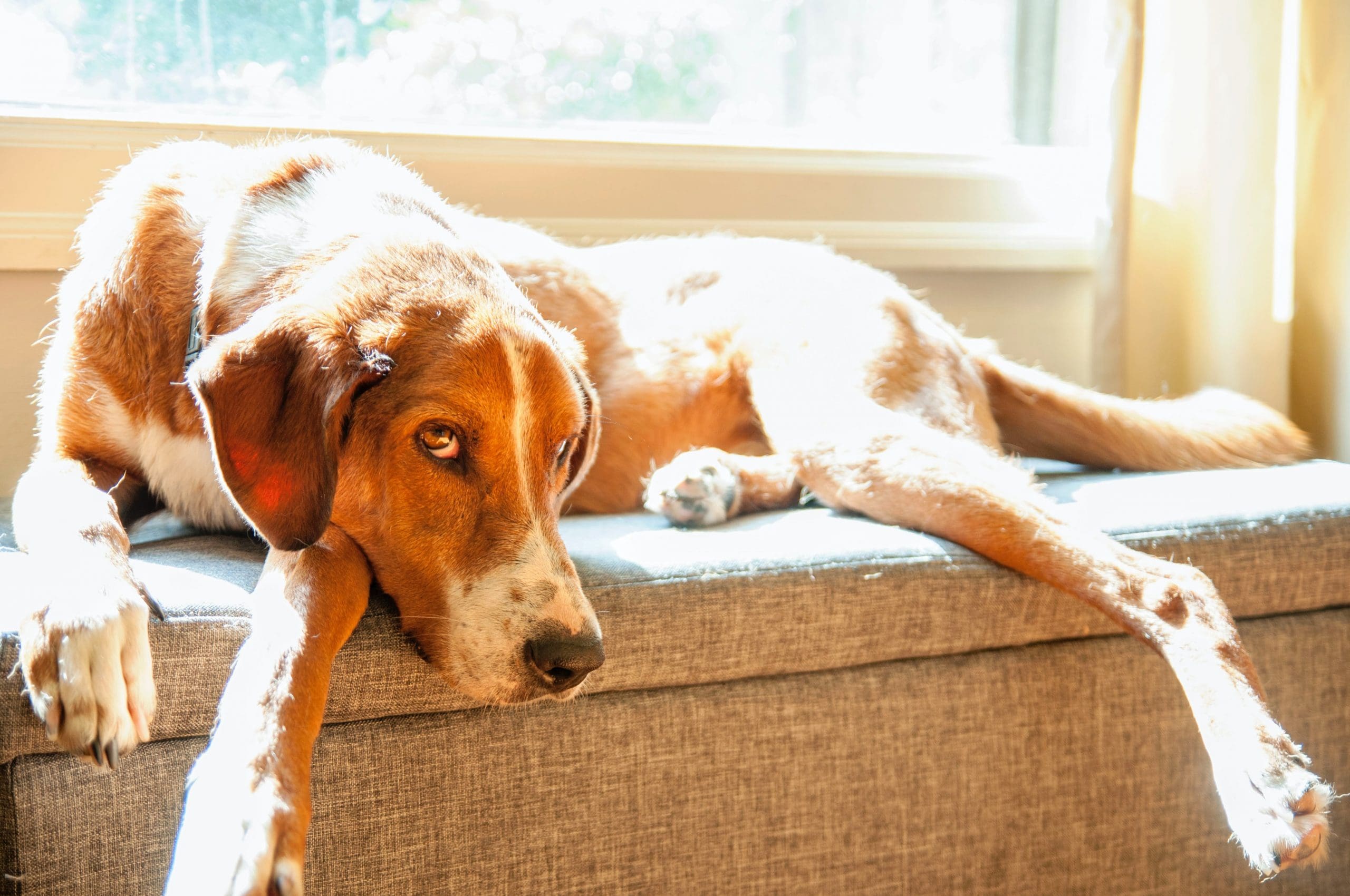Bloat, or gastric dilatation-volvulus (GDV), is a serious condition particularly affecting larger dog breeds. It occurs when the stomach fills with gas, food, or fluid, leading to expansion and, in some cases, twisting. Understanding how to prevent bloat is essential for every dog owner, as proactive measures can significantly contribute to your pet’s health.
Eating Habits
One of the main factors leading to bloat is a dog’s eating habits. Dogs that eat too quickly are at a higher risk. Rapid eating can cause them to gulp air along with their food, resulting in excessive gas. To mitigate this risk, consider using slow feeders or puzzle bowls designed to slow down eating. Additionally, spreading food out on a flat surface can encourage slower consumption, forcing the dog to work a bit to access its meal.
Feeding smaller, more frequent meals throughout the day is also beneficial. Instead of one or two large meals, break the daily portion into three or four smaller meals. This helps prevent the stomach from becoming overly full at any one time. It’s important to monitor meal timing; avoid vigorous exercise or play right after eating, as this can lead to stomach distress.
Food Choices
The type of food plays a critical role in preventing bloat. High-quality dog food that suits your dog’s breed and size helps maintain digestive health. Some studies indicate that foods with high fat content may increase the risk of bloat. Opt for lower fat options with digestible ingredients. Consult your veterinarian to identify the best dietary choices for your dog.
Meal Environment
A dog’s environment during meals is another factor to consider. Dogs fed in stressful or chaotic settings may be more prone to bloat. Create a calm, quiet space for dining, free from distractions and potential stressors. This simple adjustment can promote relaxation and encourage slower eating.
Hydration
Hydration is equally important in preventing bloat. Dogs should have constant access to fresh water, but avoid allowing them to drink large amounts immediately before or after eating. Instead of providing a full bowl of water right before a meal, offer smaller amounts at intervals to help prevent the stomach from becoming overly distended.
Breed Considerations
Certain breeds, particularly deep-chested dogs like Great Danes, Boxers, and Doberman Pinschers, have a higher susceptibility to bloat. If your dog belongs to one of these breeds, monitor their eating habits and behavior closely. Discuss any breed-specific concerns with your veterinarian for tailored recommendations.
Observing Behavior
Pay attention to your dog’s behavior as it can offer valuable insights into their health. Changes in appetite, excessive drooling, restlessness, or signs of discomfort after eating may indicate a problem. If you notice any of these signs, consult your veterinarian promptly. Early intervention can significantly impact outcomes in cases of bloat.
Regular Veterinary Check-Ups
Regular veterinary check-ups are vital for bloat prevention. Your veterinarian can assess your dog’s overall health, provide dietary recommendations, and address any breed-specific risks. They can also guide weight management, as obesity increases the risk of bloat. Maintaining a healthy weight involves regular exercise and a balanced diet.
Surgical Options
For dog owners of breeds particularly prone to bloat, discussing the possibility of a prophylactic gastropexy with your veterinarian may be worthwhile. This surgical procedure involves anchoring the stomach to the abdominal wall to prevent twisting. Although typically recommended for high-risk breeds, this conversation can help address concerns about bloat.
Recognizing Symptoms
Being aware of bloat symptoms can be lifesaving. Signs include a swollen abdomen, attempts to vomit without producing anything, excessive drooling, restlessness, or signs of pain. If you observe any of these symptoms, seek emergency veterinary care immediately. Prompt action is crucial in treating bloat.
Holistic Approach to Health
Preventing bloat requires a multifaceted approach that includes monitoring eating habits, providing a calming environment, ensuring proper hydration, and remaining vigilant about any behavioral changes. By implementing these measures, you can significantly reduce the risk of bloat and promote your dog’s overall health.
Being a responsible dog owner encompasses more than just providing food, water, and shelter. Continuous education about health risks and proactive prevention is essential. Your dog depends on you for love, companionship, and well-being. With informed care and attention to their needs, you can foster a long, healthy life for your furry friend.

